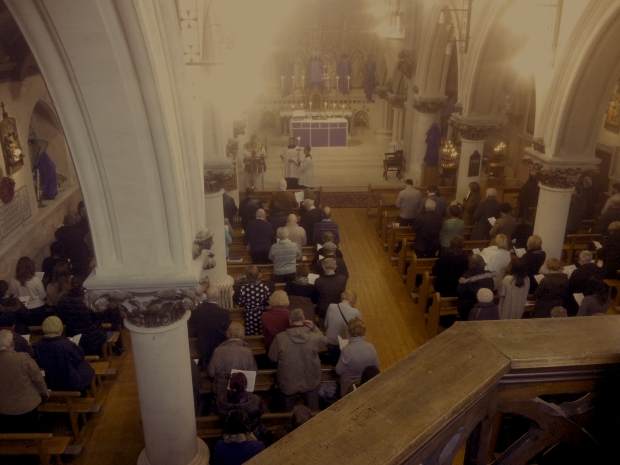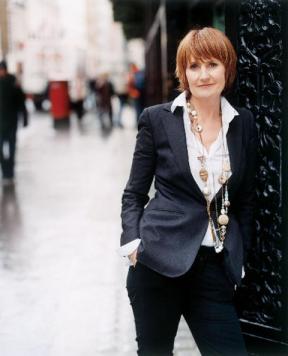Dr Macmillan has written a fantastic piece on Pope Francis and the need for simplicity in the liturgy
The new papacy of Francis has brought great joy and renewal to the Church and a huge wave of goodwill from non-Catholics. What will this new Pope bring to our sacred liturgies, which are the beating heart of the Church’s philosophy of love? Baroness Warsi, the Minister for Faith and Communities attended the inaugural papal mass in Rome and spoke of the way that Francis’ simplicity resonates with people and singled out “his concept of humility, simplicity and going back to values.”
What does a ‘poor and simple church’ need in its divine praises? Is there humility in the Americanised, over-the-top, sub-Broadway pop music, dripping with sentimentality that now infests so much of our liturgy? Is there simplicity in the me-me-me, here-am-I –Lord egotism of so many of our dreadful modern hymns? How does the upholstered, fatuous and banal secularity of so much of Catholic contemporary ‘praise music’ succeed in ‘going back to values?’
The dawning of a more austere period in the Church’s mission requires liturgical music of a more austere and simple design – a music that humbly deflects attention from ‘the music ministry’- a music that is based in Catholic heritage and values – and a music that sounds both Catholic and sacred. The good news is that we have this already, and it is the music that Pope Benedict has been urging us to rediscover over the last decade – chant.
Music for a sacred ritual needs to project sacredness. In the liturgy “sacred” means “the glorification of God and the sanctification of the faithful.” Gregorian chant gives an elevated tone of voice to the texts of our sacred praises, conveying the special character of the words and of the specific holy nature of what is being enacted and undertaken. The chanting of the holy texts raises them up from the mundane and presents them “as on a platter of gold”, in the words of Fr Josef Jungmann. Gregorian chant is unlike anything from the everyday world but conveys the clear impression that there is something uniquely holy in the actions of the liturgy. Gregorian chant is holy.
Gregorian chant is universal as it is supra national and thus accessible to those of any and every culture equally. It rises above those musics which are either associated only with localized cultural experience on the one hand, and operates separately from those other musics which are associated with high, artistic, classical derivation and aspiration on the other. Therefore it is essentially anti-elitist and simultaneously pure. Gregorian chant is for all.
So what was sung on Divine Mercy Sunday for the enthronement of Pope Francis at St John Lateran?
CHANT!!!!!!! and some other bits (mostly noted for their simplicity)
The Mass sheet is downloadable HERE
The most noticeable factor about the music was indeed its simplicity, give or take the odd Italian operatic aria (or was that the Responsorial Psalm? – one can never distinguish when the Sistine Choir are singing.) The music was the sort of stuff that should be sung every Sunday in parish choir across the world and infact with the Diocesan choir belting out some of the music, the inability to listen to the organ etc, it did sound like a typical parish Mass. The Missa di Angelis, Credo III, Propers, simple Latin hymns, the Paschal Alleluia etc etc. We should be looking to the simplicity of the Papal Masses and copying them. No over-dramatic polyphonic Ordinary. Instead we heard the simple chanting of the Verbum Domini; the Bidding Prayers oration and response sung in the simple Latin chant tone, simple Latin hymns with uncomplicated harmonies. Most of the music including the Communion antiphon were produced on the Mass sheets so all the congregation could either join in or follow the choir. I even rather liked the opening hymn sung before the Quasi modo Introit. Jubilate omnis terra by Fr Marco Frisina, apparently sung at the beginning of the Canadian World youth day in 2002.
If you want to hear more from Fr Marco:


